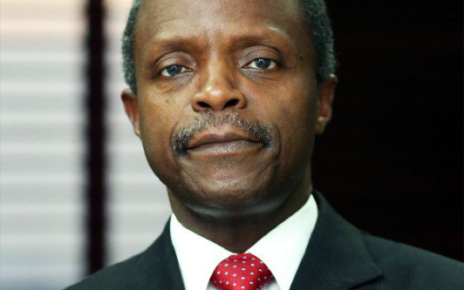The Director General of International Labour Organisation (ILO), Guy Ryder, has charged corporate entities and other stakeholders in the global economic system to commit more resources to social protection programmes in order to address the burgeoning challenges of inequality, socio-economic deprivations, unemployment and poverty globally.
Ryder, who gave the charge in his welcome address delivered at the fourth annual meeting of the Global Business Network for Social Protection Floors, harped on the role of the network where the private sector can come together to discuss, to share, and to advocate for the extension of social protection for all, and in so doing, make a very important contribution to the United Nations 2030 Agenda for Sustainable Development.
He told the audience of the sobering facts that despite past efforts, more than half of the world’s population lives without protection against life’s risks, charging the private sector leaders that “ today we have to ask the question: what are the costs of not investing in social protection?
According to him, the ILO’s latest World Social Protection Report brings into stark relief what the human cost is.
Ryder noted that the report findings indicated that six in 10 mothers would continue to have no maternity protection, three in 10 older persons will have no access to pensions or retirement and that four out of every 10 persons would have to continue living without any access to health services.
While noting that the human costs are very clear, the ILO boss pointed out that the costs to enterprises and the people who work in enterprises cannot be quantified.
He expatiated: “Well, it seems to me that without investment in national social protection systems and additional corporate social protection guarantees, workers’ well-being will suffer and this in turn will have negative effects on productivity.
“And what if we look at the cost beyond any one enterprise? Throughout the supply chain, many workers are living in countries that have less than adequate national social protection systems, thus receiving little to no coverage.
“Not taking action on guaranteeing a basic social protection floor for all workers can indeed open companies up to at least two types of risks. The risk of lower efficiency and the reputational risk that can potentially jeopardise all the positive work companies have been doing for so long to improve workers’ conditions along global supply chains.
“To a large extent, lack of social protection systems translates also into missed opportunities for businesses. Countries without social protection often experience greater poverty and inequalities. Domestic demand is stifled, and then so is productivity and economic growth.
“But on the other hand the examples of many countries, such as China, show that investing in social protection can contribute to the development of a domestic demand for goods and services with all the knock-on effects that implies”, Ryder added.
He explained further that the costs of not investing in social protection are all real but then avoidable, saying that this reality should encourage all corporate leaders and other stakeholders in their efforts sustained efforts to protect all those within the band of socio-economic deprivations globally.
He recalled that since its establishment almost 100 years ago, the ILO, together with its constituents and many development partners, has been continuously investing in social protection.
Specifically, Ryder disclosed that the organization had been doing this through setting international standards, and helping governments to build adequate social protection systems, the ILO has always seen social protection not as a cost to be borne, but as a sound investment in people, in economies, and in societies.
He maintained that well-run social protection systems and floors reduce the consequences of life cycle risks on people, minimize negative impacts throughout the value chain, and create a business environment that is easier and better to operate within..
The ILO Director General described the ILO’s Global Flagship Programme on Building Social Protection Floors for All as about helping governments build national social protection systems and floors, bringing coverage to tens of millions and we hope, soon, hundreds of millions more people.
He explained that the 2030 Agenda had opened the door to new partners to participate in the endeavour of creating social protection systems and floors, because it explicitly recognizes the crucial role of non-governmental actors for the achievement of the Sustainable Development Goals (SDGs).




